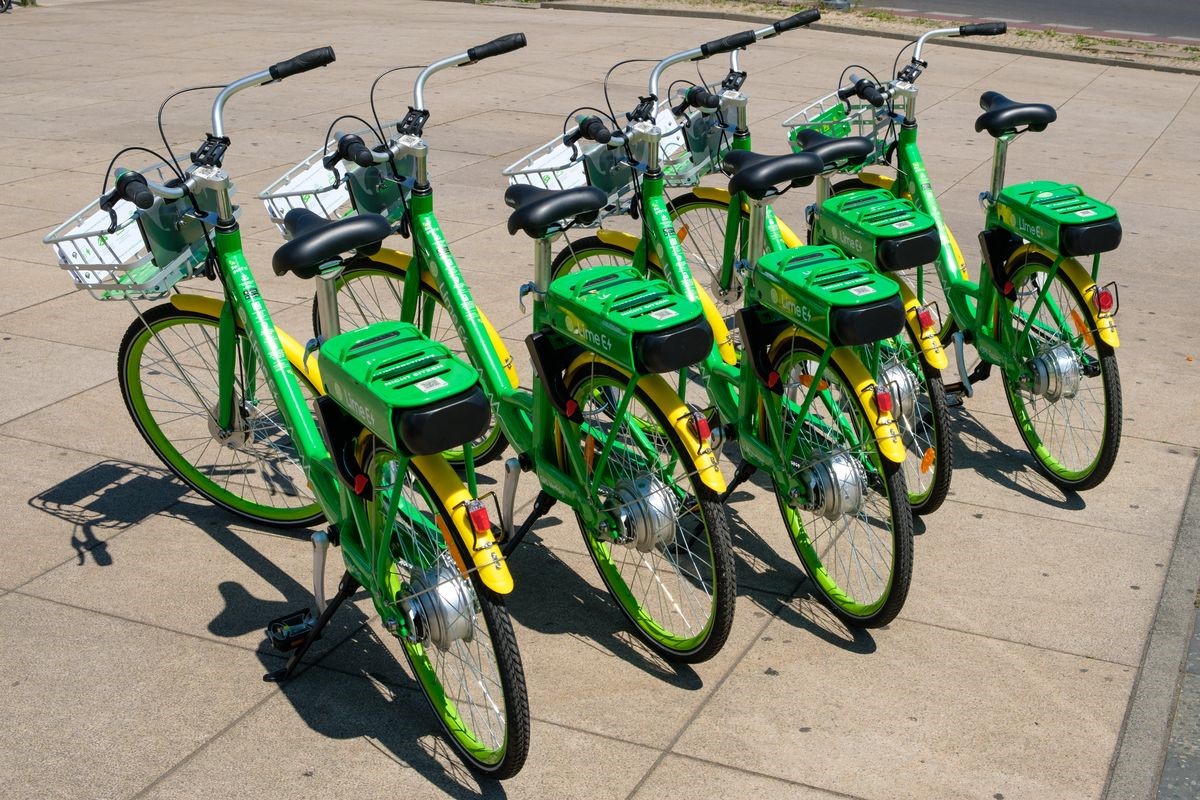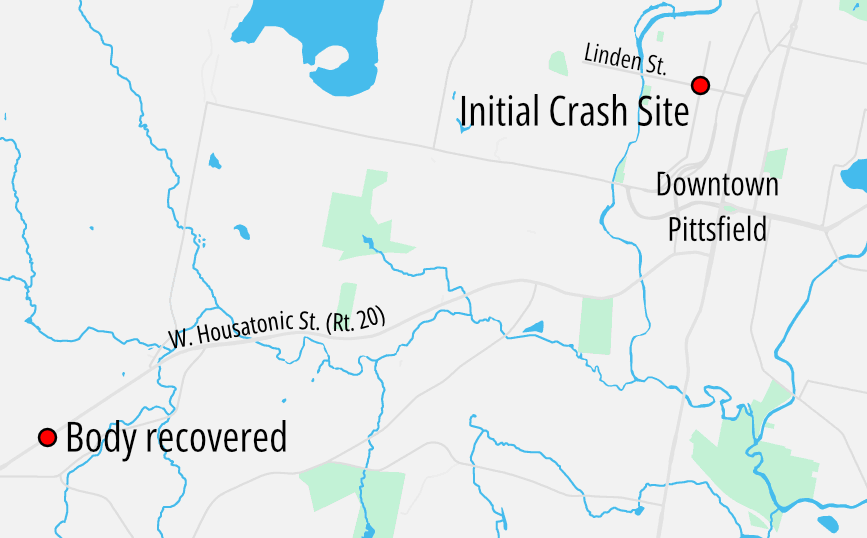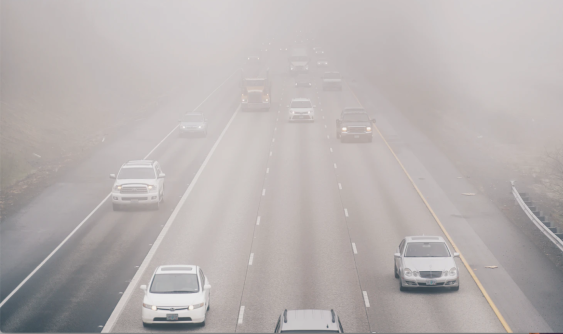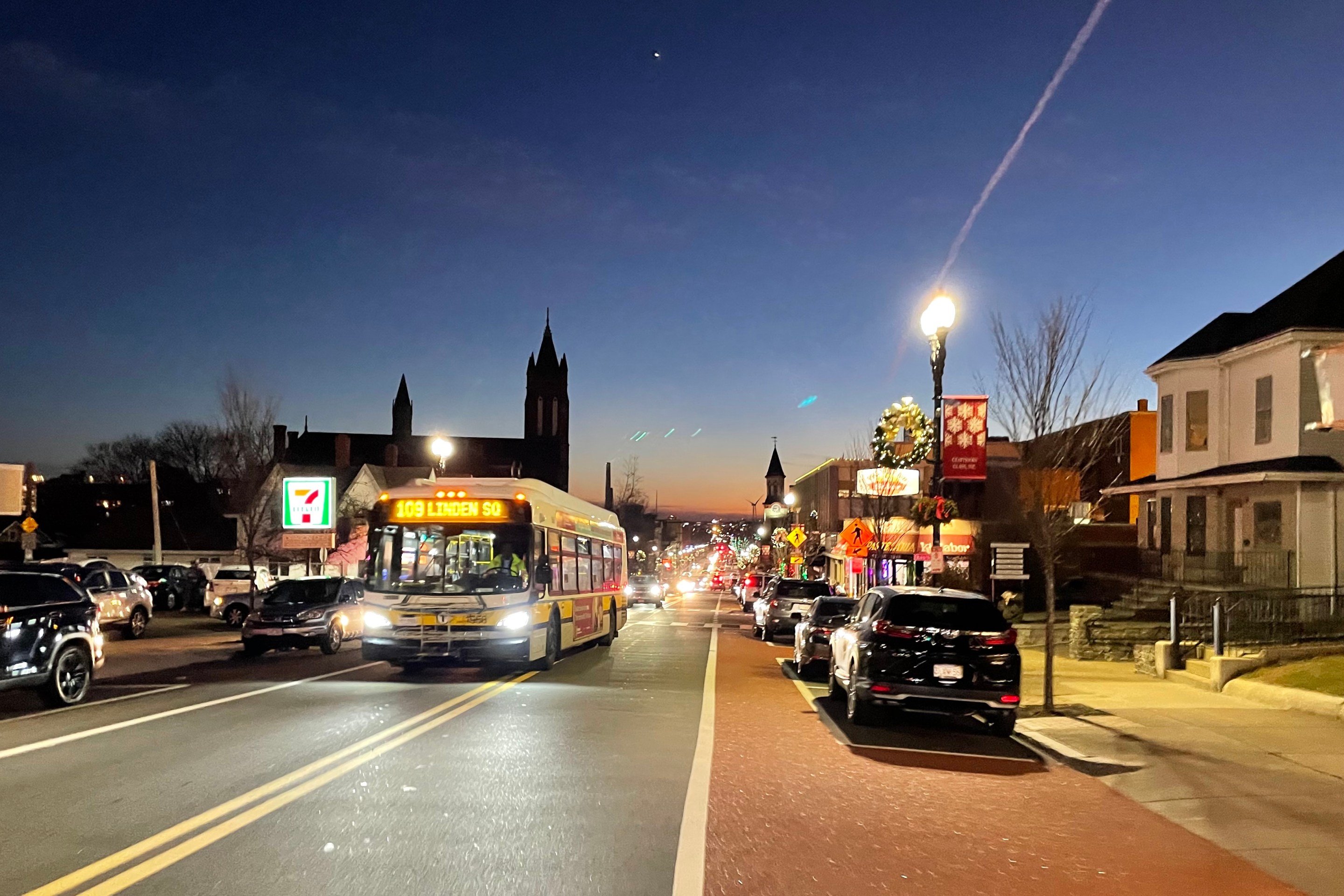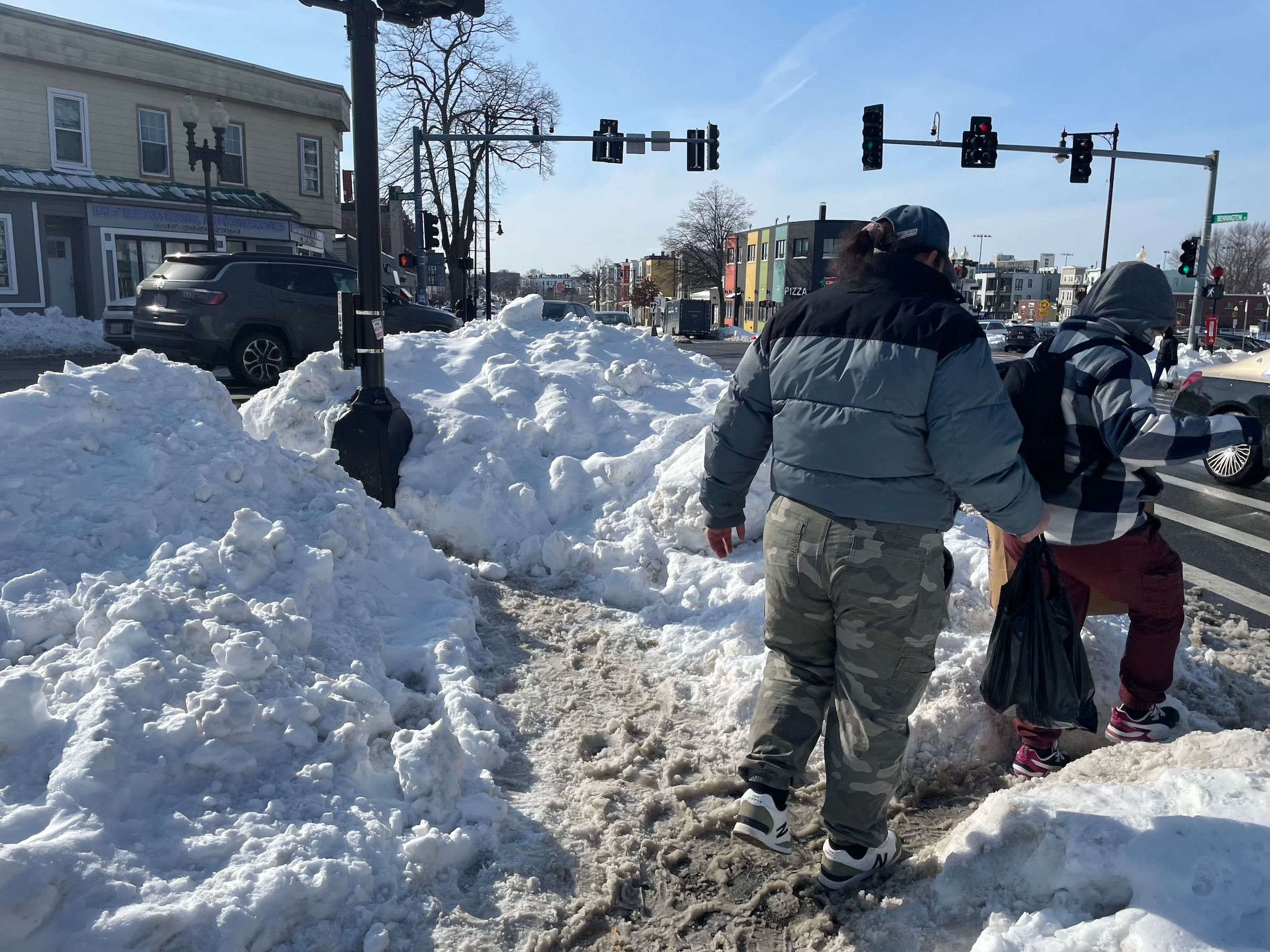The Metropolitan Area Planning Commission (MAPC) has released a detailed report on bicycling trip data from shared bikes in Boston's suburbs to show that there's a strong latent demand for safer bicycling infrastructure on major suburban streets.
The commission's "First Miles" report crunches data from over 300,000 trips on the Lime bikesharing system over the course of 18 months in 16 cities and towns in the region's inner suburbs, including Quincy, Newton, Watertown and Everett.
Lime came to Malden with a pilot project that started in late 2017, then expanded to the other municipalities in the MAPC study in spring 2018.
Because Lime's bikes are dockless – they don't need to be returned to specific locations, like the Blue Bikes system in Boston and Cambridge – and are outfitted with GPS units, they allow for a detailed look into the most popular destinations and routes in their service areas.
“This level of analysis and cooperation with an MPO is unprecedented, and should help the region to make better planning decisions,” said Scott Mullen, Lime Director of Northeast Expansion, in a phone interview on Wednesday. “This is exactly what a public-private partnership should look like.”
Lime data suggest that bikesharing is most popular in Malden, on the northern end of the Orange Line, where users started 74,000 trips over the 18-month study period. The adjacent City of Everett, which borders Malden to the southeast, ranked second, with 41,000 trip starts (Everett also joined the Blue Bikes system this summer, so the MAPC data do not reflect all bikesharing trips made in that city).
Everett has been growing its network of protected bikeways over the past year, including a new separated bikeway along the Revere Beach Parkway between Broadway and Wellington Station. However, the city of Malden has relatively little dedicated bike infrastructure beyond the popular Northern Strand Path.
The data suggest that Lime users use the Northern Strand extensively, but also strike out along connecting and parallel arterial streets in order to access key destinations:
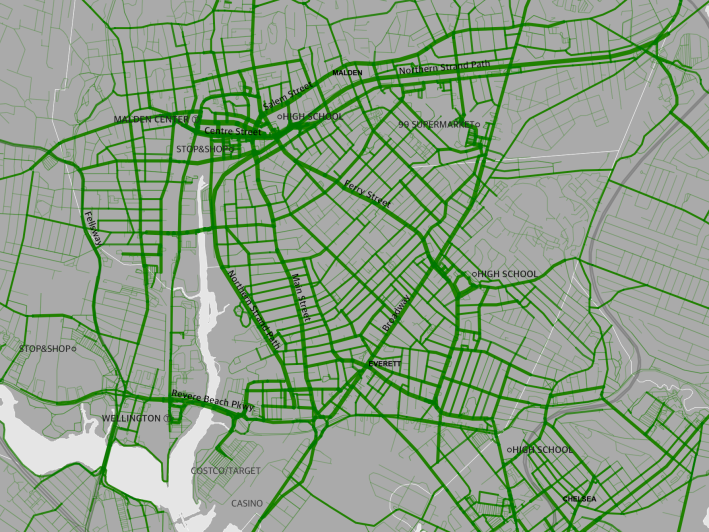
Malden At-Large City Councilor Stephen Winslow, who has served since 2017 and recently won re-election, says that the MAPC report "shows there’s latent demand for cycling in Malden that Lime has tapped into."
Winslow has been an advocate for more bike lanes in his city, but he says that there's more political resistance and less organized advocacy in Malden compared to nearby cities like Cambridge and Somerville, where he previously worked as a planner.
However, Winslow reports that Malden is about to hire its first transportation planner, and he expressed his hope that a permanent staff member can accelerate safety improvements.
“There’s a huge need for somebody, and a lot of work to be done to help bus riders and bikes," said Winslow in a phone conversation on Thursday. "There’s tons of low-hanging fruit. There will be some opportunities for bike riders, some to help buses. We need to get our vision together.”
Though bikesharing trips were less frequent in other towns, the Lime data also revealed a strong preference for biking along Arsenal Street in Watertown, Hancock Street in Quincy, Massachusetts Avenue in Arlington, and Watertown Street in Newton, among others.
The Lime data should help advocates make a case for better bicycling facilities on these streets and other key routes. MAPC has published a website where users can interact with and explore the data in more detail.
